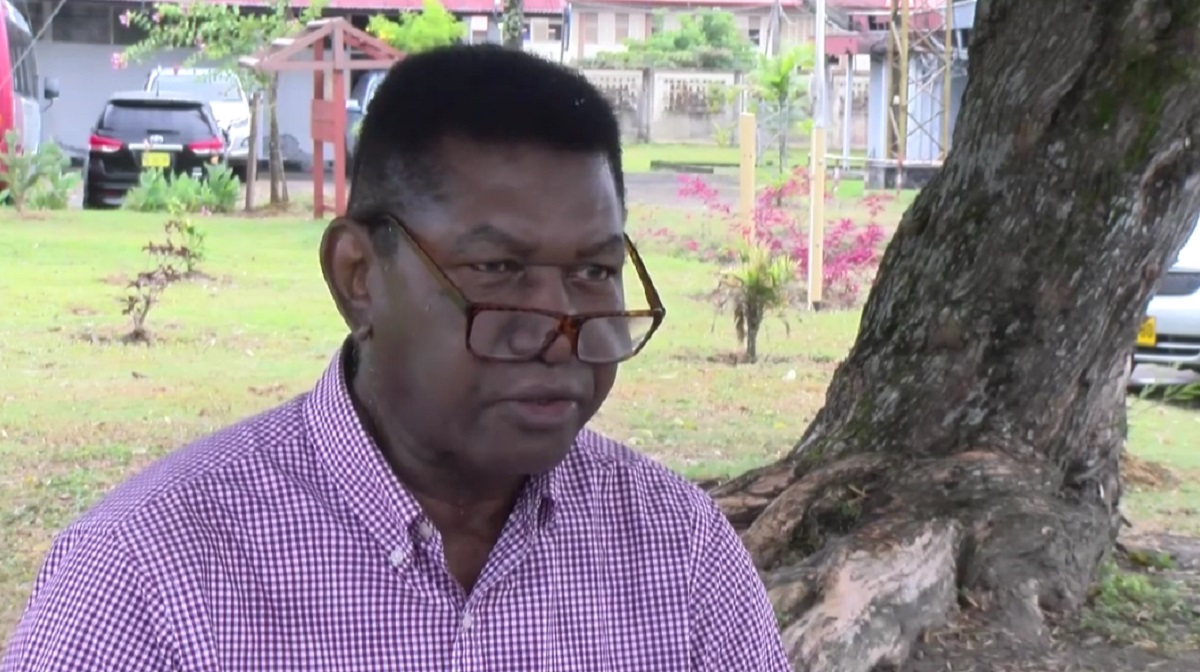The new energy rates agreed upon between the labor unions and the government are valid for three months. After that period, negotiations will resume to discuss future rates. The labor movement has managed to ensure that households will pay less for electricity during this period. “These three months will pass quickly,” says Ravaksur Plus spokesperson Armand Zunder.
During a press conference, Zunder mentioned that the negotiations were not easy. The unions were able to use data to convince stakeholders that the cost of energy could be made more efficient. Zunder noted that significant changes are underway in exchange rates and inflation.
After three months, discussions will undoubtedly focus on preserving purchasing power. According to Robby Berenstein, chairman of C-47, maintaining purchasing power is essential for Ravaksur Plus and workers. After all, the goal of wage negotiations should be to genuinely improve the position of workers.
Berenstein stated that a utility company, NV EBS, was reviewed for cost efficiency during the negotiations, thanks to union pressure. He believes that similar reviews should also be conducted at other state-owned enterprises, like Telesur and SWM. If a company operates inefficiently, employees do not fully benefit from its services, and society as a whole suffers as well.
Berenstein emphasized that the authorities need to take their responsibilities more seriously. He called on fellow union leaders to ensure that companies are well-managed and urged the government to continue auditing state enterprises rather than selling them.
Robert Ameerali, a member of the technical negotiating team for the labor movement, indicated that the biggest issue during the negotiations was NV EBS’s stance. The company stubbornly held its position, even though cost reduction is necessary to lower rates for society.
Ultimately, NV EBS relented, according to Ameerali. Upon President Chan Santokhi’s return from abroad, the agreement between the labor unions and the government will be signed.





